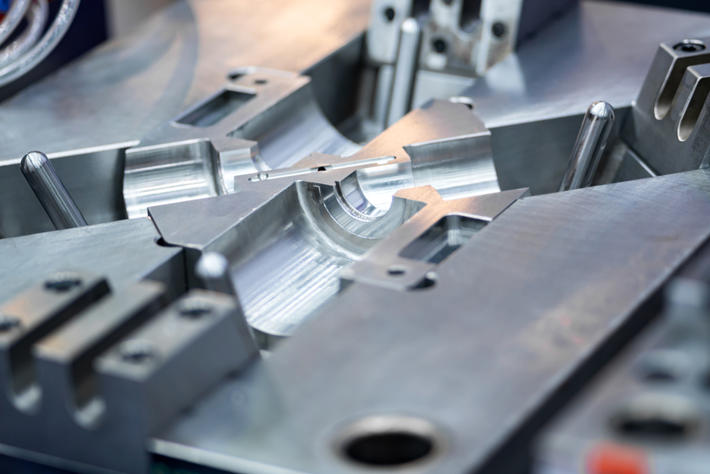Aluminum is a widely used metal in various industries due to its numerous beneficial properties such as lightweight, high strength, and excellent corrosion resistance. However, to further enhance its performance and protect it from environmental degradation, aluminum conversion coating is often applied. This process involves the formation of a thin film on the surface of aluminum through a series of chemical reactions. In this article, we will explore the benefits of aluminum conversion coating and its applications in different industries.
One of the key advantages of aluminum conversion coating is its ability to enhance corrosion resistance. The thin film formed during the process acts as a barrier, preventing moisture, salt, and other corrosive substances from reaching the aluminum surface. This is particularly important in industries such as automotive, aerospace, and marine, where aluminum components are exposed to harsh environments. By applying conversion coating, the lifespan of aluminum parts can be significantly extended, reducing the need for frequent replacements and maintenance.
Another benefit of aluminum conversion coating is the improved adhesion of subsequent coatings or paints. The conversion coating provides a chemically stable and roughened surface, which promotes better bonding between the aluminum and the coating material. This ensures that the coating remains intact and provides effective protection against wear, abrasion, and chemical exposure. Additionally, the enhanced adhesion of paints allows for a more aesthetically pleasing finish, making it suitable for applications that require a decorative appearance.
Furthermore, aluminum conversion coating can also improve the surface conductivity of aluminum. The thin film formed during the process can act as a dielectric layer, preventing direct contact between the aluminum surface and other conductive materials. This is particularly beneficial in electronic and electrical applications where aluminum is used as a conductor. By reducing the risk of electrical shorts or interference, conversion coating contributes to the overall reliability and performance of electronic devices.
In addition to corrosion resistance, adhesion, and surface conductivity, aluminum conversion coating can also provide thermal insulation properties. The thin film acts as a thermal barrier, reducing heat transfer between the aluminum surface and the surrounding environment. This property is particularly valuable in industries such as construction and HVAC, where aluminum is used in heat exchangers, radiators, and other thermal management systems. The conversion coating helps improve the energy efficiency of these systems by minimizing heat loss or gain.

Moreover, aluminum conversion coating offers environmental benefits. The process typically involves the use of chromium-based compounds, which are known for their low toxicity and environmental impact compared to other coating methods. Additionally, the conversion coating can be applied using environmentally friendly techniques such as immersion or spray, minimizing waste generation and reducing the consumption of chemicals.
In conclusion, aluminum conversion coating provides numerous benefits that enhance the performance and lifespan of aluminum components. Its ability to improve corrosion resistance, adhesion, surface conductivity, and thermal insulation makes it suitable for a wide range of industries. Additionally, its environmental advantages make it a preferred choice for sustainable manufacturing processes. As aluminum continues to be an essential material in various applications, the utilization of conversion coating will undoubtedly contribute to the advancement of these industries.
-

- Части и компоненти за велосипеди от магнезиева сплав за детски велосипед за бутане
-

- Magnesium thixomolding parts UAV housing
-

- Високопрецизни магнезиеви тиксоформовани компоненти Капак на UAV
-

- High precision magnesium alloy die casting parts for automotive ignition lock
-

- Детски велосипед от магнезиева алуминиева сплав 3-8 години Евтини горещи разпродажби 14-инчов детски велосипед ЗАВИНАГИ на едро 2022 г.
-

- Thixomolding магнезиеви части и компоненти средна платка за мобилен телефон

 0086-750-5616188
0086-750-5616188 +86 13392089688
+86 13392089688 sales@zhongmei-tech.com
sales@zhongmei-tech.com







